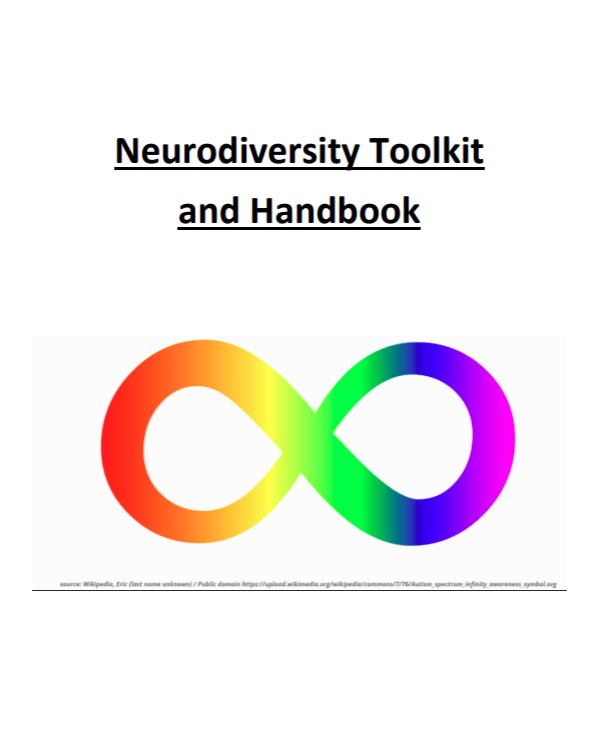Neurodivergence and Gambling Resources
Author: Ara recovery for all and IFF Research Published: October 2025Neurodivergence and Gambling Resources
Author: Ara recovery for all and IFF Research Published: October 2025

This collection of resources has been developed to support practitioners working with neurodivergent clients experiencing gambling harms.
Based on a GambleAware-funded project delivered by IFF Research, the University of Bristol, and Ara recovery for all, the materials combine research evidence, lived experience, and expert guidance to fill a critical knowledge gap in the field.
The package includes training materials, toolkits, case studies, and practical handouts to help practitioners adopt neuroaffirming, person-centred approaches in their work.
Each resource is designed to build confidence, reduce barriers, and promote inclusive, effective support for neurodivergent people affected by gambling harms.
The research that informed this work can be found in the GambleAware Publication Library.
All resources are available to download together as a .zip file, or you can download individual resources using the links in the section below.
This Resource Summary has been developed to support therapists and practitioners working with clients who experience both gambling harms and neurodivergence. Created as part of a GambleAware-funded project delivered by IFF Research, the University of Bristol, and Ara, it addresses a critical evidence gap in understanding how gambling harms affect neurodivergent people and how treatment can be tailored most effectively.
This document is designed to support facilitators delivering the Neurodivergence and Gambling training. It provides a detailed breakdown of slides and content, along with a practical checklist of materials to help ensure smooth and effective delivery.
This document offers suggested wording for questions to use during assessments and ongoing support. It is designed to help practitioners engage effectively with neurodivergent clients and tailor interventions that reduce gambling harms.
This document presents three case studies of neurodivergent individuals experiencing gambling harm. Each illustrates the types of challenges clients may face and demonstrates how practitioners can apply a neuroaffirming approach to provide effective support. The case studies are intended as a resource for use within training delivery.
This is the primary resource for service providers supporting neurodivergent clients experiencing gambling harms. It covers the core principles of a neuroaffirming approach, provides a language guide for discussing neurodiversity, outlines key characteristics of different neurotypes, and offers practical strategies for supporting clients with traits of Autism, ADHD, and other neurotypes. The handbook also includes practitioner checklists and additional resources to support effective, inclusive practice.
This is an email template to support service providers engaging with neurodiverse clients. It includes suggested text for booking appointments via telephone, video call, or face to face.
This document provides a detailed introduction to Autism, ADHD, and AuDHD, outlining how these neurotypes may present in clients experiencing gambling harms.
This document presents three case studies of neurodivergent individuals experiencing gambling harm. Each illustrates the types of challenges clients may face. This version does not contain examples of best practice support and is intended as a resource for use within training delivery.
This PowerPoint deck is a core component for delivering practitioner training on neurodivergence and gambling harms. It draws on findings from a wider research programme and is structured in two parts:
Trainers should deliver this presentation in conjunction with the wider Neurodivergence and Gambling package. This includes:
To ensure smooth delivery, facilitators are advised to use the Facilitator Checklist and Guidance and refer to the Executive Summary for context and key findings.